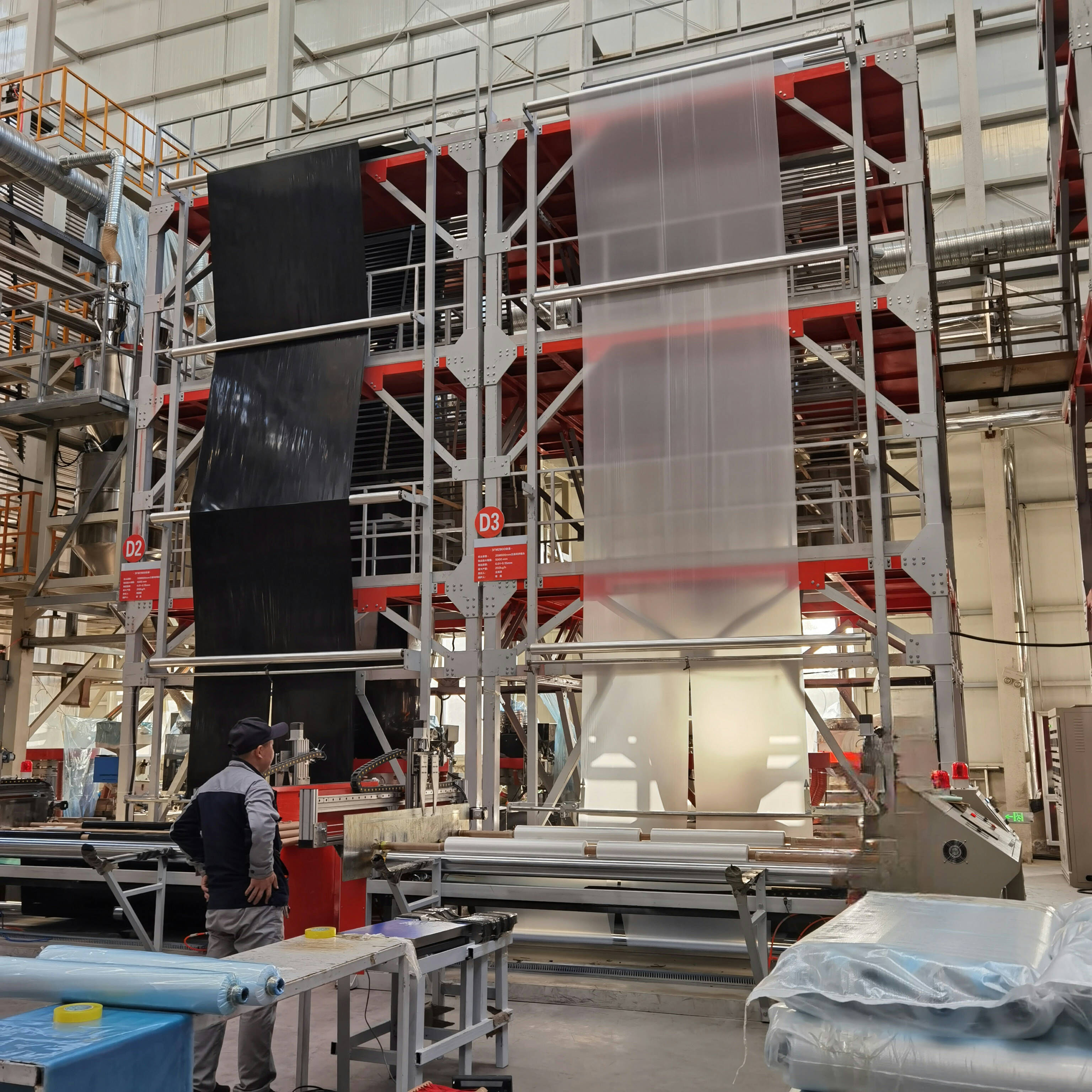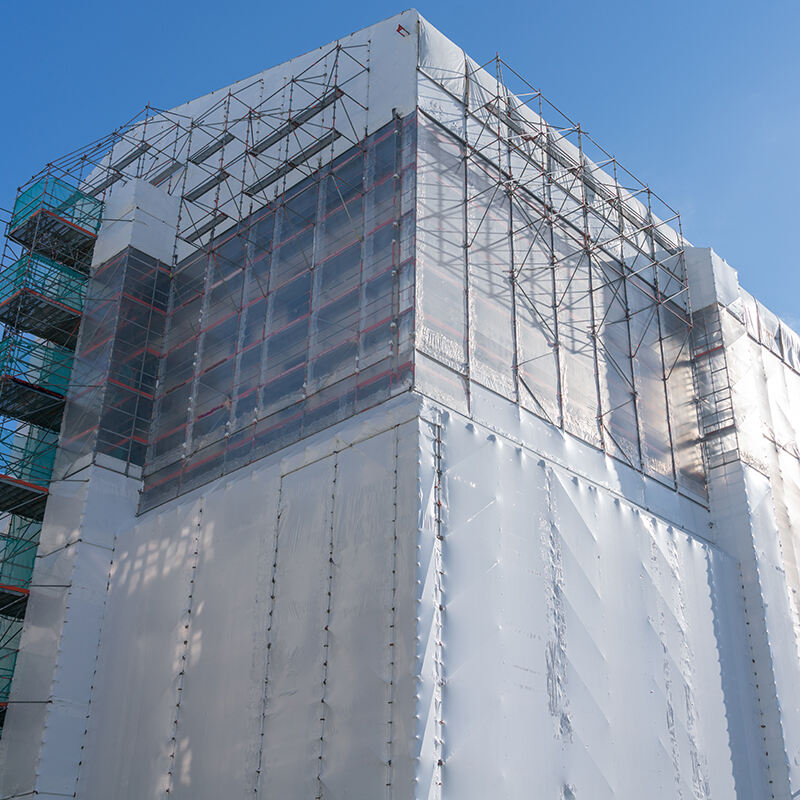black plastic mulch film
Black plastic mulch film represents a revolutionary agricultural solution designed to enhance crop production and soil management. This specialized agricultural film, typically manufactured from high-quality polyethylene, creates an effective barrier between soil and atmosphere. The film's black coloration serves multiple critical functions: it prevents light penetration, which effectively suppresses weed growth beneath the surface, while simultaneously absorbing solar radiation to increase soil temperature. This dual action creates optimal growing conditions for crops, particularly in early growing seasons or cooler climates. The film's technological features include UV stabilization for extended durability, controlled thickness for optimal performance, and specialized perforation patterns that allow for proper water penetration and gas exchange. Modern black plastic mulch films are engineered to maintain soil moisture by reducing evaporation, leading to more efficient water usage and reduced irrigation needs. The material's versatility makes it suitable for various agricultural applications, from commercial farming to home gardening, and it's particularly effective in growing vegetables, fruits, and ornamental plants. The film's structure also helps prevent soil erosion, reduces soil compaction, and keeps produce clean by creating a protective barrier between crops and soil.


